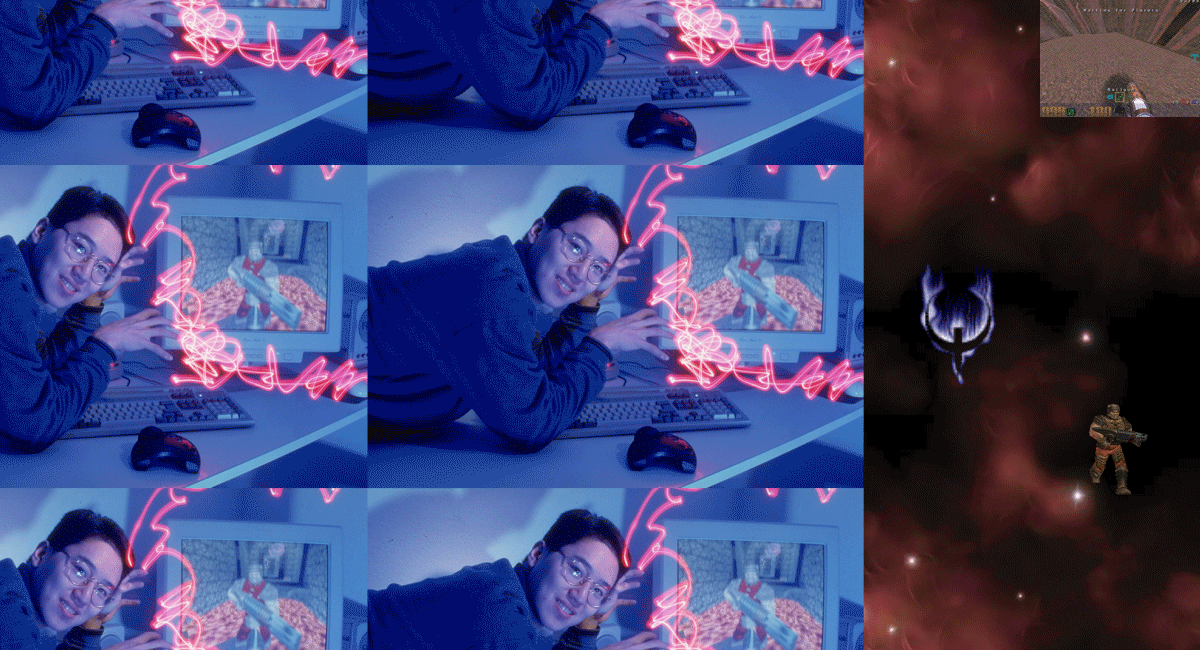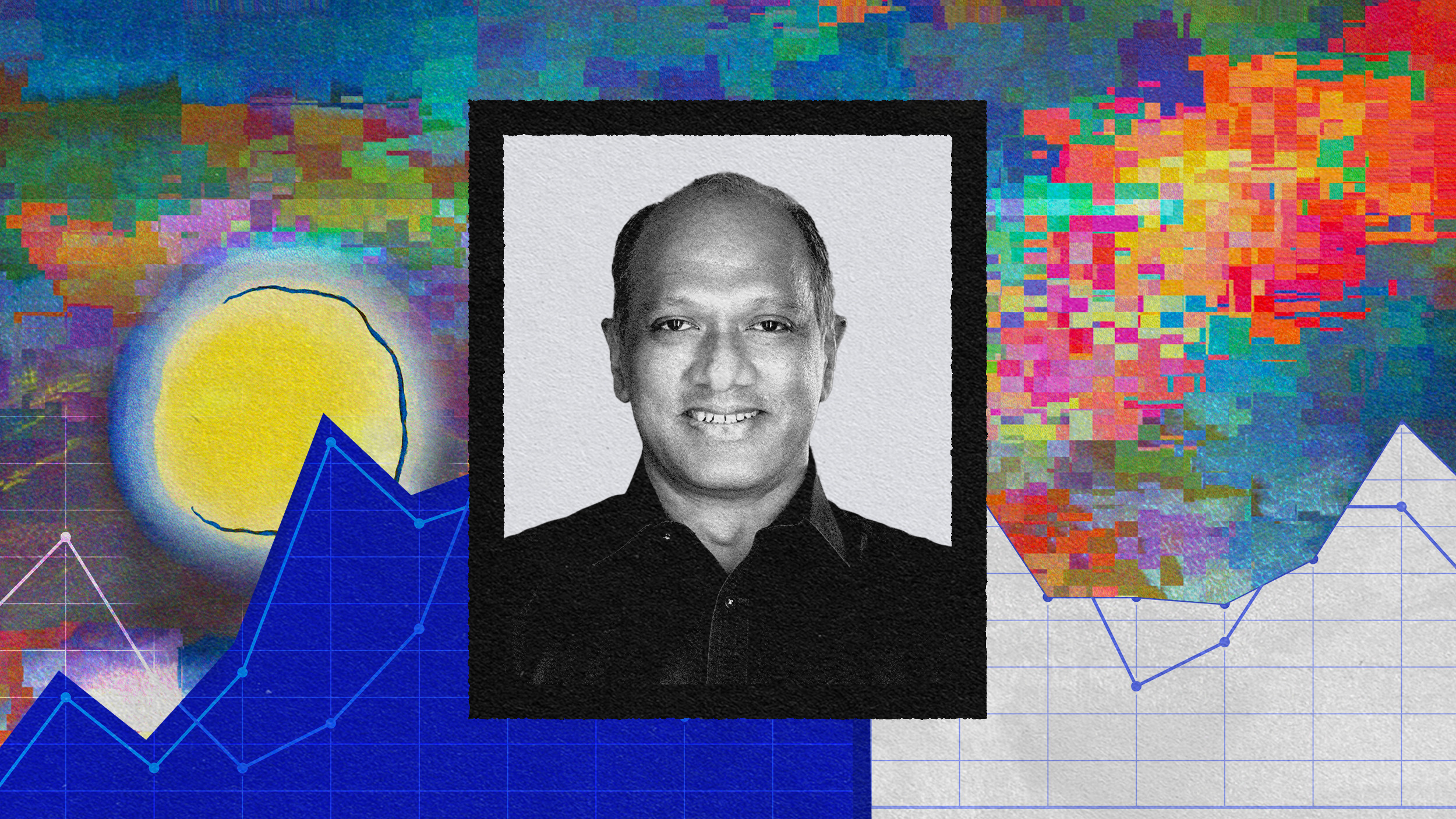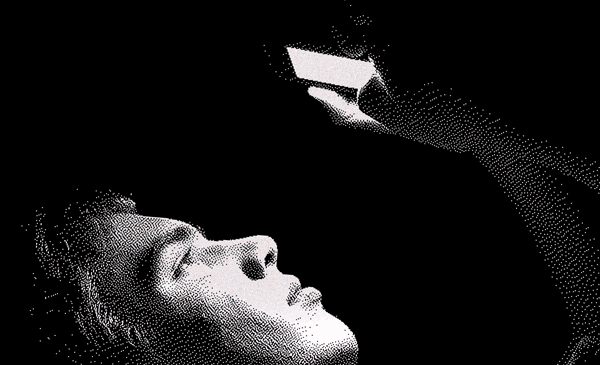Clay Johnson, author of The Information Diet, says you can’t rely on “the media” or the internet to control your information consumption. Here he suggests a few pieces of software that have helped him to regulate his own information diet.
Clay Johnson: I think that having a healthy information diet will actually make you live longer and having a poor information diet will kill you faster. The first thing that I use, the first piece of software that I use, is called RescueTime.com. Rescue Time is awesome because it measures your intake. It’s like a food journal but for your computer, and I think that level of measurement helps you just develop a habit that makes it so that you are a conscious consumer of information. How much time are you actually spending on email? How much time are you giving away to Facebook and Twitter? So that you can go, “Hey, wait a minute. I spent ten hours of my life on Facebook last week? Maybe it’s time for me to make some better decisions in my life.”
The second piece of software I use that I love—I love this piece of software—it’s called Sanebox.com. Sanebox is a—it’s a for-pay subscription service, but you make your money back on it instantly. It’s like an advanced spam filter that basically only puts the important messages up in front you. Only the information that you need to see is in front of you at any given time in your email inbox, and it takes the stuff that maybe wasn’t so important and emails you a digest of it at the end of every day. So you can check to see what it is that you missed, but you know it’s coming and it’s coming at the end of every day. I think it’s great.
The third thing I do . . . I think part of living a healthy information diet is actually trying to live an ad-free lifestyle. A lot of people disagree with me on this, but I think advertising is just as expensive as paying for content. It’s just that the transactional costs are a little bit more opaque with advertising. I’ll give you an example. If a Dominoes Pizza commercial convinces you to buy a pizza instead of cooking dinner in your house that night, that’s a cost that you’ve incurred that you didn’t even realize that you were paying in order to consume that media. And so I don’t believe that advertising-based content is necessarily free. I don’t think it’s fair to call it free if it’s convincing you to buy things. That means it comes with a price. So I use Ad Block on Firefox and Chrome to reduce my exposure to advertising, and I also cut cable so I don’t see any television advertisements at all—I haven’t in years—which is strange for bar room conversations sometimes when people are laughing at things that I don’t and that I can’t laugh at, but I think it’s . . . reducing my exposure to television advertisements overall has made me a much healthier person as a result.
Directed / Produced by
Jonathan Fowler & Elizabeth Rodd





